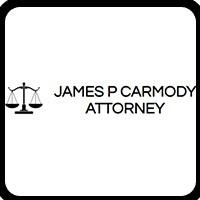Bristol Bankruptcy Lawyer, Virginia
Includes: Bankruptcy Litigation, Commercial Bankruptcy, Consumer Bankruptcy, Dissolution
James P Carmody
✓ VERIFIEDBankruptcy, Family Law, Credit & Debt
Since 1976, Mr. Carmody has provided outstanding legal services for bankruptcy, divorce, custody issues, and adoption proceedings to clients in the gr... (more)
Michael Mclaughlin
Tax, Dispute Resolution, Juvenile Law, Bankruptcy
Status: In Good Standing Licensed: 11 Years
Tony Michael Hutchinson
Social Security, Government, Consumer Bankruptcy, Bankruptcy & Debt
Status: In Good Standing
Vincent John Carroll
Government, Workers' Compensation, Employment, Bankruptcy
Status: In Good Standing


